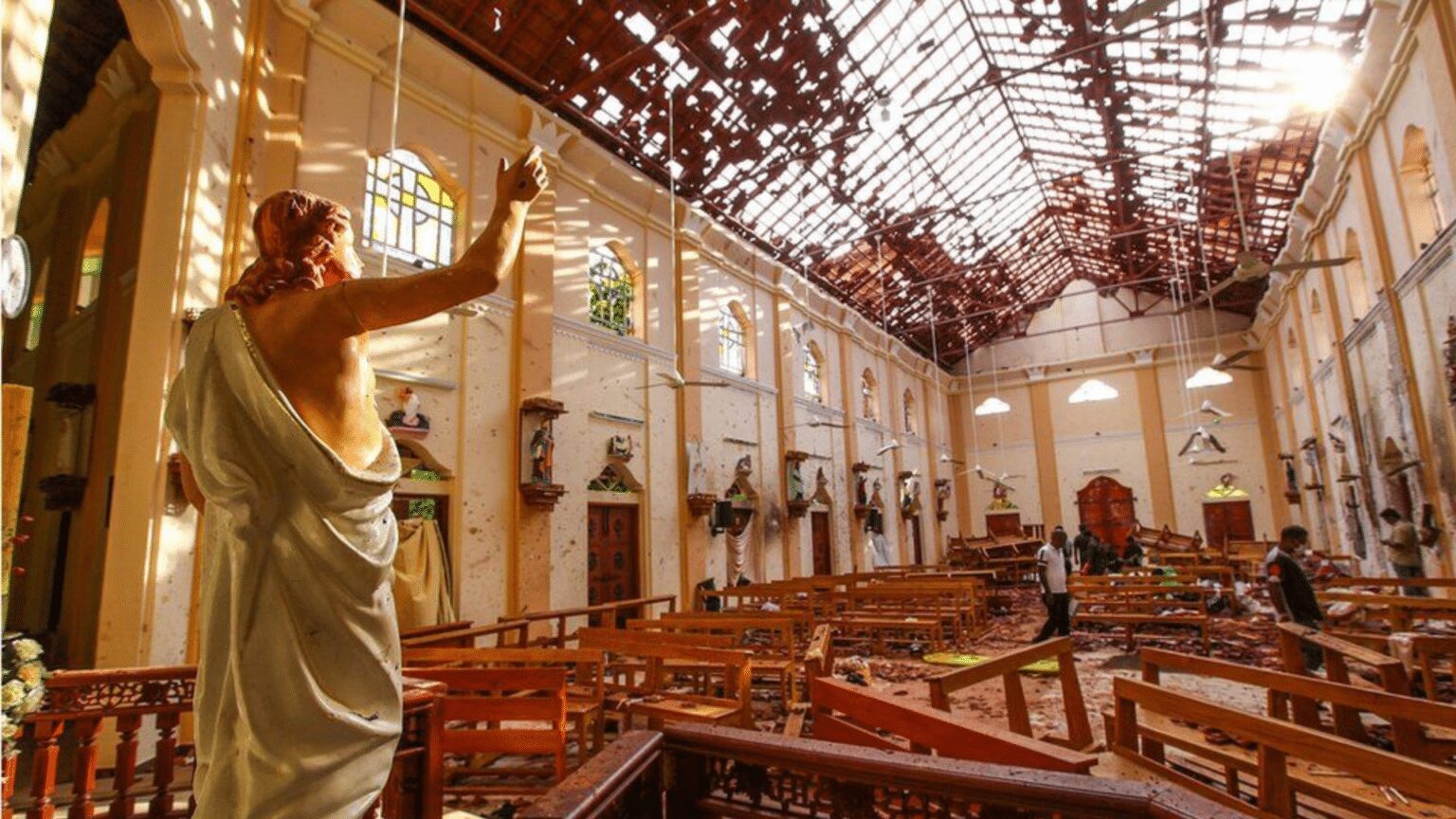On Thursday, the supreme court of Sri Lanka ordered the ex-president Maithripala Sirisena and four other top former officials to pay a compensation of 310 million rupees to the victims of the 2019 easter attack. The reason is negligence in preventing the terror attack despite having credible intel. This terror attack is known to be one of the worst terror strikes faced by the country.

Ex-President Sirisena found Guilty of Negligence
The respondents identified in the petitions for failing to stop the 2019 Easter Sunday attack were found guilty by a seven-member supreme court bench of violating the petitioners’ fundamental rights.
The court mandated that the former president Sirisena, who was also the commander in chief of the armed forces as well as the defense minister, pay a compensation of 100 million rupees (USD 273,300) from his personal fund.
Additionally, it mandated that former defence secretary Hemasiri Fernando pay a compensation of 50 million rupees (USD 136,650), former national intelligence service chief Sisira Mendis pay a compensation of 10 million rupees (USD 27,330), and former police chief Pujith Jayasundara and former state intelligence services chief Nilantha Jayawardene pay a compensation of 75 million rupees (USD 204,975).
According to the court, senior officials could have stopped the devastating suicide bombings by acting on the precise intelligence information supplied by India. They were told to contribute to a victim’s fund managed by the Reparations Office using their personal assets.
Within six months, the district court must notify the recipient of the compensation.

Bank wants Disciplinary Action against Ex-President
According to bank sources, Easter Sunday was just a few weeks away when news of the intended attack came from India. However, authorities lacked the foresight or awareness to take decisive steps to safeguard churches all over the nation.
The bank also requested that Jayawardena face disciplinary action from the authorities. On April 21, 2019, nine suicide bombers working for the ISIS-affiliated National Thawheed Jamaat (NTJ), a local Islamic extremist group, carried out a series of deadly bombings that destroyed three Catholic churches and many luxury hotels, killing about 270 people, including 11 Indians and injuring over 500.

Easter Bombings Political Scandal
The attack generated a political uproar when it was claimed that then-President Sirisena and then-Prime Minister Ranil Wickremesinghe had early warning of the attack but did nothing to stop it.
More than a dozen of his petitioners, including relatives of the victims, Catholic clergy and the Sri Lankan Bar Association, have thwarted an attack that has proven fatal to the island’s economy, which is largely dependent on tourism. Filed a fundamental rights lawsuit against the then-president.
Ironically, the then-president was found guilty of failing to stop the attack by a Presidential Commission of Inquiry Sirisena commissioned following the attack.
Sirisena, however, pleaded not guilty to the charges in the case that the panel discovered had been filed. The local Catholic Church’s leader, Malcolm Cardinal Rungis, continued to voice his displeasure with the probe, alleging a cover-up.












